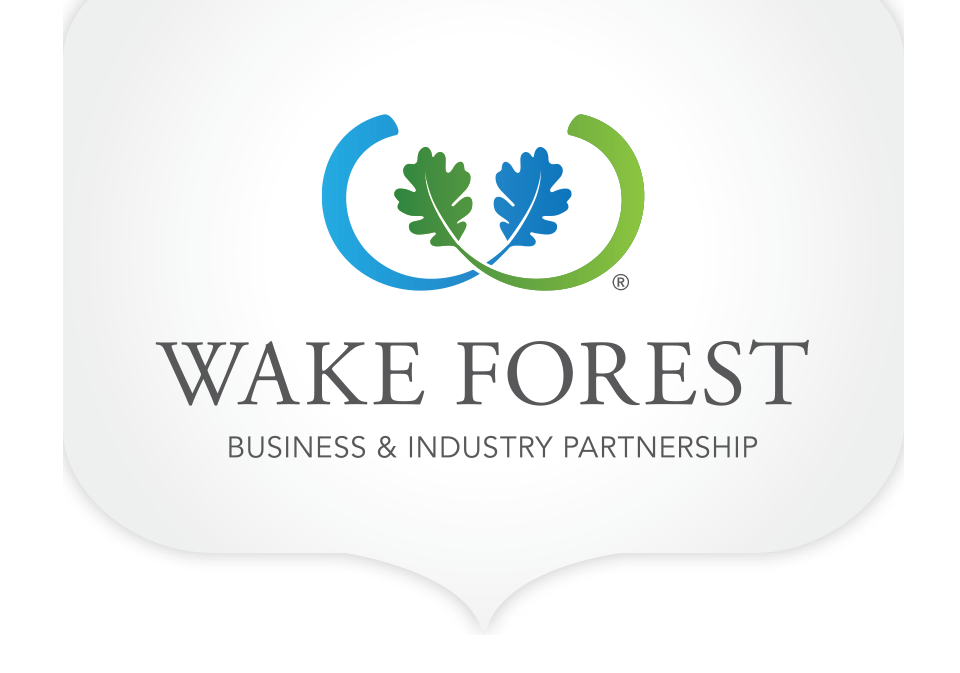Mention economic development in many circles, and thoughts immediately go to the recruitment of sprawling factories from out-of-state corporations. But plans to sustain the economic health of the Town of Wake Forest include other business development avenues – including retail.
Retail, which includes food and beverage establishments, is an important source of jobs, tax revenue, and quality of life for Wake Forest residents, businesses, and mission-critical government operations.
“Retail is a part of economic development that often gets lost in the conversation,” says Jennings Gray, Lead Economic Developer at ElectriCities of North Carolina. The statewide public powerpartner works closely with communities to embrace the economic potential of retail. “Not every town has the capacity – the space, the infrastructure, the workforce, or even the interest – to recruit a major manufacturer. Retail is there for them as a viable option for local economic development.”
Wake Forest has the luxury of being able to pursue a balanced array of economic and fiscal strategies. As a job generator, retail is effective in providing employment to local residents at all stages of life and career. “For many young people, retail and restaurant work is often that entry-point into the workforce – providing income, as well as experience and skills that can benefit them as their careers develop,” says Gray, who has been with ElectriCities for the past 10 years. “And these are jobs that come with the part-time opportunities and flexible work schedules in demand by mid-career adults and even active retirees.”
Retailers also provide an important source of funding for local government operations. “In terms of fiscal impact, it’s huge,” says Aileen Staples, Chief Financial Officer for the Town of Wake Forest. Sales tax, in fact, accounts for 19 percent of the Town’s $65 million general budget, making it the second largest revenue line-item behind property-tax collections. The state collects sales tax receipts, typically 7.25 percent to 7.50 percent of purchase prices, and divides the proceeds with local governments. “Almost 2.25 percent comes back to the Town,” Staples says.
Municipal operations – from police and first responders to street repairs -- rely on steady flows of sales tax revenues. So too does maintenance of the Town’s parks and recreation amenities such as greenways and public swimming pools. “That goes to quality of life,” explains Staples, who began her career with Town government in the early 1990s. Recent years have witnessed more diversification of the Town’s tax base. “You can see where economic development is coming into play,” Staples says. “We’ve made huge strides in that area.”
Given the Town’s population growth and the nationwide run of higher inflation, Wake Forest’s sales tax collections are running sharply higher than in recent years. The Town’s experiences align with other Wake County municipalities. “Everyone’s running about 20 percent ahead this year,” Staples says.
Statewide, retail, food, and beverage establishments employ over a million North Carolina workers, according to the North Carolina Retail Federation. That’s about twice as many as the health sector, the state’s second largest industry by employee headcount. Retail employs about 27 percent of the state’s private workforce, the Federation says. In dollar terms, retail is North Carolina’s third largest contributor to gross domestic product (GDP), behind the manufacturing and real estate sectors, respectively.
And not all retailing names in Wake Forest are national brands like Wegman’s, Target and Starbucks, Staples notes. “We have locally-owned bookstores, hardware stores, and restaurants, too,” she says. Friday Nights on White, a signature community event series for the Town held on the second Friday of the month, has helped bring awareness to downtown Wake Forest’s eateries, drinking establishments, and retail merchants, she adds. “That’s been a huge driver for us.”
Town officials don’t view retail in an economic development vacuum. When manufacturers and other corporate operations consider new destinations for expansion and relocation, they look at such factors as local retail amenities and a diversified local municipal tax base, according to Jason Cannon, President of the Wake Forest Business & Industry Partnership (WFBIP). “High-quality companies seek out high-quality business environments – it’s that simple,” Cannon says.“That typically means a balanced local economy that is not dependent on one given industry segment,” Cannon says.
Cannon credits support from Town leaders for Wake Forest’s strong fiscal health and growing, diversified economic base. “We’ve had sustained leadership from the very top, and it’s making a big difference,” he says. Partners like ElectriCities have also done their part to support the Town’s economic development strategy. “Few organizations are more vocal than ElectriCities in advocating for municipal economies in North Carolina,” Cannon says. “Retail will continue to be a viable avenue for job creation, talent recruitment, fiscal diversification, and place-based economic development.”








